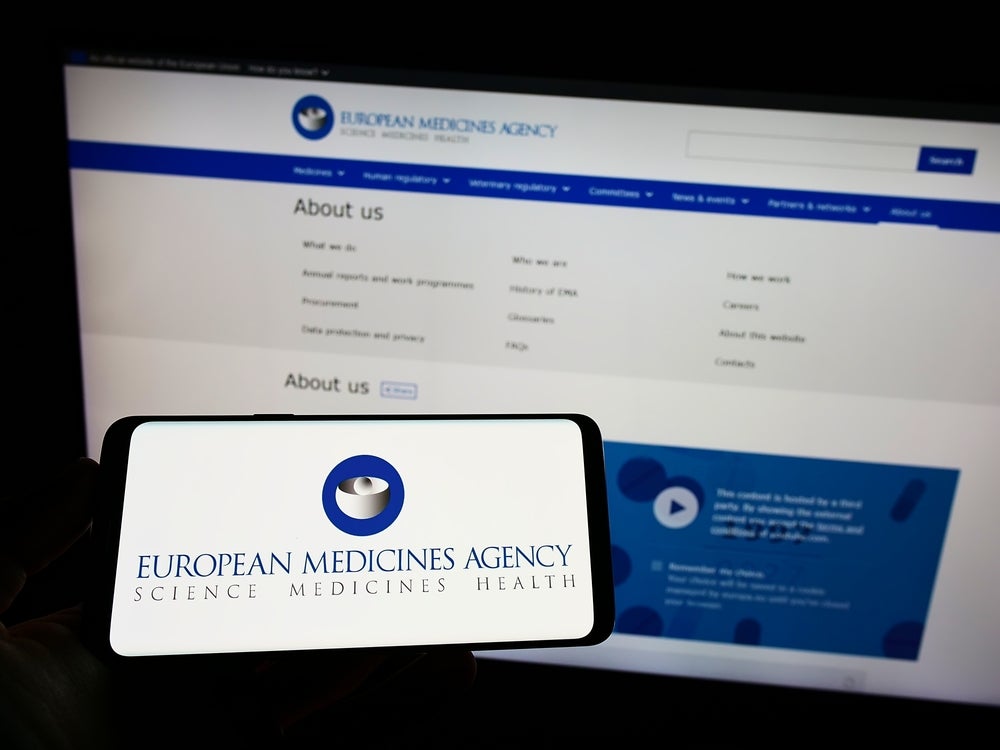Opinion: STAT+: How to make the EU’s new Joint Clinical Assessment process work for industry — and for patients
How to make the EU’s new Joint Clinical Assessment process work for industry — and for patients.

Today, the criteria used to assess the clinical value of new pharmaceuticals and medical devices varies widely across Europe, making it more challenging for biopharma companies to efficiently launch products in multiple countries and contributing to the disparities in access across the continent.
But change is on the horizon: In less than 15 months, the European Union will establish and begin to implement a standardized, pan-EU framework, which all 27 of member states will be required to use to assess the clinical evidence of newly submitted products or devices. A key pillar of the EU’s Regulation on Health Technology Assessment (HTA), the Joint Clinical Assessment (JCA) aims to establish a single, transparent process to reduce redundant practices and bring life science innovation faster to patients in Europe — no matter where they live.
In a longstanding problem in Europe, access to — and the availability of — medication varies across the member states. For example, in Germany, 87% of products approved by the European Medicines Agency (EMA) have full availability (the product gained access on the public reimbursement list without any restrictions to the patient population). In Poland, that figure drops to 8%, according to a report published by the European Federation of Pharmaceutical Industries. Meanwhile, there is a tremendous difference in the gap between an oncology therapy receiving marketing authorization and a formal positive reimbursement decision, ranging from an average of 86 days in Denmark to 981 days in Latvia.
What's Your Reaction?

































